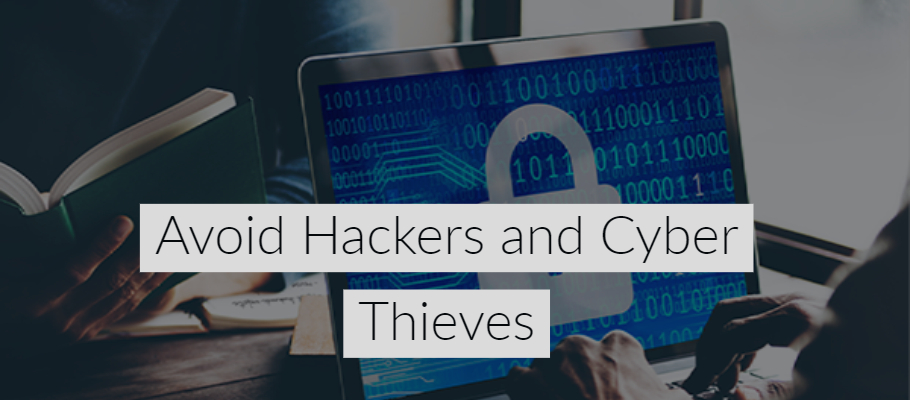The Internet is a very unsafe place. Any time you get in touch to the Internet, you are in risk of becoming victims of hackers and cyber thieves want to snatch you.
You should be aware that they are computer experts out there who do nothing but search for easily target. Sitting at the computer waiting for a chance to steal your money, your identity, and, not one that can destroy your life.
There are several types of computer thieves, using a different number of advance tricks to rob you blind. They redirect e-mail, bank and social media accounts to get their addresses, passwords, account numbers and PIN numbers. They are using the satellite to launch their viruses, worms and Trojan horses on your own computer.
We see that people make mistakes, and how it can be avoided.
#1. They use the same password for all accounts
Some people use the same password for all accounts. Best option to avoid online fraud do not use same passwords for several accounts, so that if the pirates to break one, do not have access to all accounts.
Using a simple and easy to judge your password
Some people create simple passwords known, such as address, date of birth and use the password as a pet name. Password length is very important because the office machines that are currently very good password breaking 1-5 characters, despite the use of resources such as Amazon’s cloud computing can help you crack again, better. In addition, it is preferable that your password for you or you can write.
Using the simple selection to guess recovery of password
Many sites use a security question to help password recovery. With the help of simple questions, such as date of birth, maiden name or the name of an animal is often seen people openly on social media accounts, or simply predictable is main mistakes that can open access for hackers and cyber criminals alike.
Opening attachments in e-mails of unidentified
Open attached file from unidentified senders to ask the horse Virus, Trojan or Malware on your PC and remote computer, the hacker can work to wreak havoc.
Click on the link in the e-mail of unidentified
Typically, the links in the e-mail directs you to a fake site designed to make you tear. A recent report by Symantec, now spam accounts for 78.6% of email traffic in the U.S. and 75.7% of universal email traffic.
Failure to update Microsoft Windows and other software
If you fail to update the software leaves your computer vulnerable to potentially malicious software attacks. Fake security holes, updates are offered frequently. First, Windows, Adobe Reader and Flash applications are most usually because of their sensitivity.
Unable to apply wireless encryption
I highly recommend you apply wireless encryption with a wireless network at home, office or anywhere else. WEP, WPA-TKIP, or worse, no encryption / password for all the sins that are punished.
Connecting to WiFi networks know
Although the notice was published, people still connect to wireless networks that are unknown in public areas like cyber cafes, airports, libraries and hotels. These networks are often dangerous and sometimes fatal.
Use HTTP instead of HTTPS
Most people do not understand risk of using HTTP instead of HTTPS. Applying the HTTP protocol (TLS / SSL), almost all of them sent on the Internet can read as shipped between you and your destination computer. Everyone “spying” in the network, it may read information between different networks you send to your computer.
Certificate providers issue “more security” certificates, which require additional security checks, and thus require much higher fees. This is called EV SSL Certificate. The difference between the highest security certificates and the certificates are common in the address bar of your browser will change to a different color, usually green. This increase in security assumes that the user knows the meaning of colors, and wants to move to where the color code is not responsible for web pages. To be sure, the URL http:// web sites, the difference between not having a certificate, and have a regular certificate, the browser refuses to access the site without user confirmation.
Use unknown or unverified website
There are many online sites that attract users by presenting free online games. Do not play online on the website if you are not 100% sure they are safe. In addition, be careful when downloading games will be free. The same applies when downloading e-books, music, videos or software from other sites on the unknown or unproven can disclose your computer from spyware, Trojan horses and viruses.

